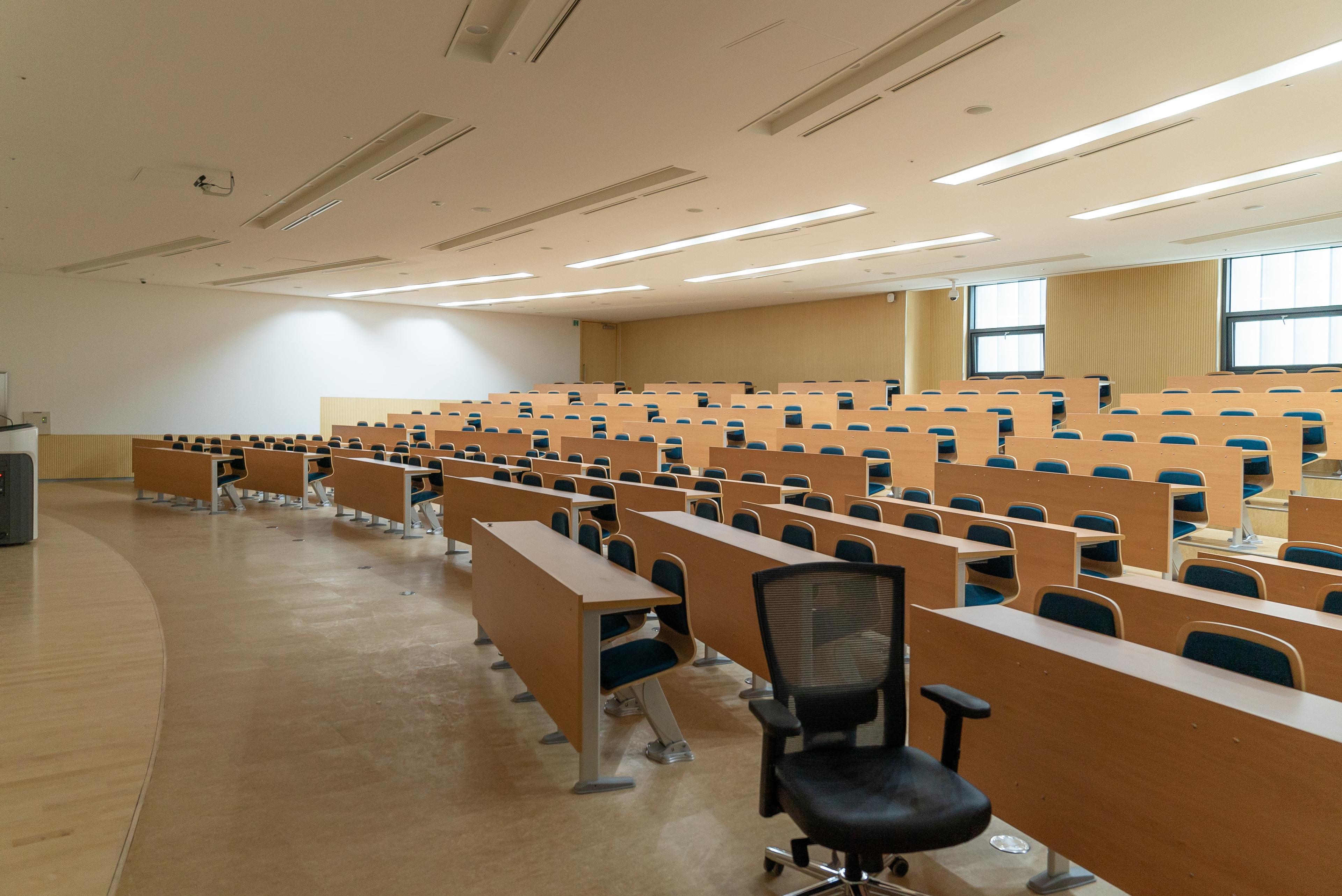Leland Library
Expert-written articles, free resources, detailed guides, and more to help you accomplish your goals.

February 12, 2026
What It (Actually) Takes to Land a Job: Number of Applications, Cost, & Career Center Support
New data from thousands of students reveals the hidden costs of getting hired: 135 hours, 78 applications, and hundreds to thousands of dollars spent, with major disparities by field, race, and school. Plus, the helpfulness of career centers and what students are doing to increase their chances.

February 5, 2026
How to Get Into the Meta RPM Program (2026)
Learn how to get into the Meta RPM Program in 2026 with our step-by-step guide. Discover eligibility, tips, and key insights to boost your application success.

January 27, 2026
Finance Internships for College & High School Students (2026)
Calling all finance freshmen. Get practical tips to prepare for a finance internship and insights into top finance roles now accepting applications.

January 27, 2026
The Top 10 Investment Banks – By Size & Tier (2026)
Discover the top investment banks by size and tier in 2025. Get insights into the biggest players in finance and what sets them apart in this detailed guide.

January 13, 2026
What is an MBA Degree? An Expert Guide (2026)
The ultimate guide to MBA degrees, this article covers what an MBA is, the different types of programs, cost breakdown and financing options, curriculum and specializations overview, benefits and key factors to consider, and much more.

January 12, 2026
How Long Does it Take to Hear Back From a Job?
Wondering how long it takes to hear back from a job? Learn average response times, why hiring managers delay, and how to send a professional follow-up email.

January 8, 2026
Top 10 Deferred MBA (2+2) Programs in the US (2026)
Aiming for an MBA, even while you're still in college? Perfect, learn all about deferred admission MBA programs like HBS 2+2 and receive key insights into the application process.
Recent articles

February 19, 2026
GMAT Sections: Syllabus & Question Type Breakdown
Break down all GMAT Focus sections with expert tips, question types, and syllabus insights to help you prep smarter and score higher on test day.

February 18, 2026
Wharton TBD Interview Guide: Prompts & Expert Tips (2026)
Learn how the Wharton Team-Based Discussion (TBD) works, what this year's prompt is, and how to stand out in this unique MBA interview format, with tips and tricks from pro admissions experts and M7 admits.

February 18, 2026
Best Free 50+ GMAT Prep Resources: Practice Tests & Study Material (2026)
Ace the GMAT with this expert-curated list of the best free GMAT preparation resources: practice tests, question banks, study plans, and strategy tips.

February 17, 2026
Best Free & Paid GMAT Verbal Prep for Top Scores (2026)
Find the best GMAT verbal prep for 2026, with free and paid options that improve accuracy, reasoning, and scores on the GMAT verbal section.

February 17, 2026
How GMAT Accommodations Work: A Step-by-Step Guide
Learn how GMAT accommodations work, who qualifies, and how to apply step by step, so you avoid mistakes and testing delays.

February 17, 2026
GMAT Reschedule and Cancellation Fees: What It Costs & What to Know
GMAT cancellation fee details, reschedule costs, and refund rules are explained for test takers who need to change their exam date.

February 17, 2026
GMAT Fee Waiver: How It Works and Who Qualifies
Learn how to get a GMAT fee waiver, who qualifies, what it covers, and how to request one from business schools. Save on test fees with this step-by-step guide.

February 17, 2026
How Long Are Your GMAT Scores Valid? (& How Many Times You Can Take It)
How long are GMAT scores valid? Learn the 5‑year rule, expiration pitfalls, and how to time your GMAT for MBA applications in 2026-2027.

February 16, 2026
The 20 Best Medical Schools in the US (T20): Acceptance Rates, MCAT Scores, & GPA
Discover the top T20 medical schools in the U.S., including acceptance rates, MCAT scores, and GPA requirements. Find the best fit for your medical career.

February 16, 2026
Medical School Letter of Recommendation Guide
Learn how to write a compelling medical school letter of recommendation with our comprehensive guide.